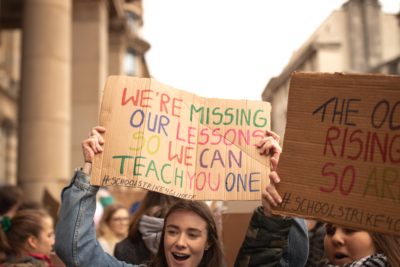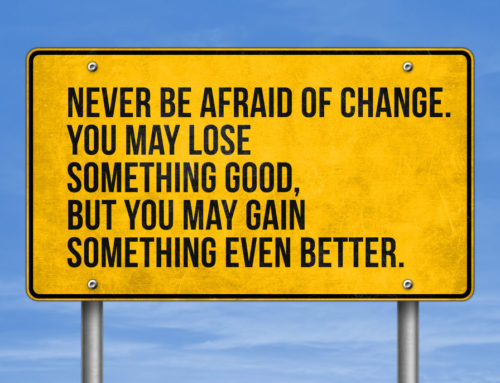It’s likely you’ve heard about the Extinction Rebellion (XR) protestors recently. They have split opinion around the globe and this is fascinating for onlookers. Especially when looking through a War to Peace® lens. One of the things that War to Peace® clearly demonstrates is that “truth” is not objective. And we all experience reality though a lens that appears factual but is actually constructed in our minds. Even when it feels like the whole truth and nothing but the truth.
We can see this with the Extinction Rebellion protests and the range of strongly held beliefs across the spectrum. From Boris Johnson labelling them as ‘uncooperative crusties’ to 16-year-old Swedish climate activist Greta Thunberg who has stated time and time again: ‘we have a right to rebel!’.
Those on Boris’s side see the protestors as ‘left-leaning eco-warrior hippies who are out of touch with the real world’. Whereas those empathetic to XR’s cause see the protestors as ‘championing environmental conservation and making a stand against big business and their contribution to climate change’. It is more nuanced than this (isn’t it always?) but this shows the spectrum is about as wide as it’s ever been on this issue. So who is “right”?

But I thought I was right?
Not too long ago a friend of mine, (let’s call him John), shared a story about an experience he’d had with Extinction Rebellion protestors. He was walking past the camp and spotted some old friends of his, a nurse and his wife who were sitting amongst the crowd. After a short conversation, he discovered that they were so passionate about the cause they had booked two weeks of annual leave to participate. But it wasn’t just John’s friends who had done this – the protest was filled with university professors, teachers, office workers and people from all walks of life doing exactly the same thing. This was in stark contrast with his perception that it would be just students and hippies. John’s version of the truth had been shattered.
When John shared this on Facebook, he referenced Boris’ comments and that his perceptions had been moulded by outside forces rather than his own experiences. One commenter left a one-word comment, “Liar”. Which illustrates my friend’s point perfectly. Who was the liar? John? Boris? The protestors? And depending on our preconceptions, our brain will automatically answer that question fits our (entirely made up) world view.
What causes these partisan perceptions?
We are subjected billions of pieces of data each day, so we have to use filters to delete, distort and generalise in order to cope:
- We delete everything we consider to be irrelevant or of no use to us. Without deletion, we would be faced with far too much information to handle by our conscious minds.
- We distort by making misrepresentations of reality, so that the data fit in with our view of how things are.
- We generalise by drawing global conclusions based on our experiences, so that we can make sense of similar situations and experiences
This filtered information is used to create our own internal representation of reality, our perceptions.
We apply this perceptions to groups of people as well as individuals, which results in us being triggered by them. So, for example, when our boss (or parent, co-worker, neighbour…) comes across as cold and unempathetic. In our nano-second, our sub-conscious may jump to the conclusion that this is because they have something against us. Without questioning this thinking, it quickly becomes our ‘truth’. Once we believe these thoughts, we not only fail to consider the possibility that their behaviour has nothing to do with us, we end up reacting in a way that serves neither us nor our relationships.
How can War to Peace® help us?
War to Peace® invites us to challenge the beliefs and perceptions that lie beneath our reactions. Often hidden to us, merely lying under the surface as something we have grown up believing, our unquestioned beliefs and perceptions leave us vulnerable. Because it is not the stimulus (e.g. the person’s behaviour) that’s actually causing the problem, it’s our beliefs about their behaviour and our perceptions of who they are that leads to our reactivity. So, our reaction and inability to respond to them can leave us (and the person we’re dealing with) flummoxed and hostile. Until we are willing to question our beliefs and perceptions about the person, we will react. And this reactivity will occur not only with this particular person, but with anyone who we deem to be like them – in both our personal and work lives.
Over to you
- When was the last time you found yourself labelling a group of people as all being the same?
- When have you recently inferred the reason for someone’s behaviour?
- What impact did it have on you when you believed the story you’d made up about them?
- See what impact it has on you to believe a new story, one that doesn’t leave you feeling triggered or out of sorts.
Do you know someone who could benefit from War to Peace®?
If you, or someone you know, would benefit from disentangling perceptions from facts, spaces can be booked on the next public workshop (6 December) by hitting the button below.





Leave A Comment